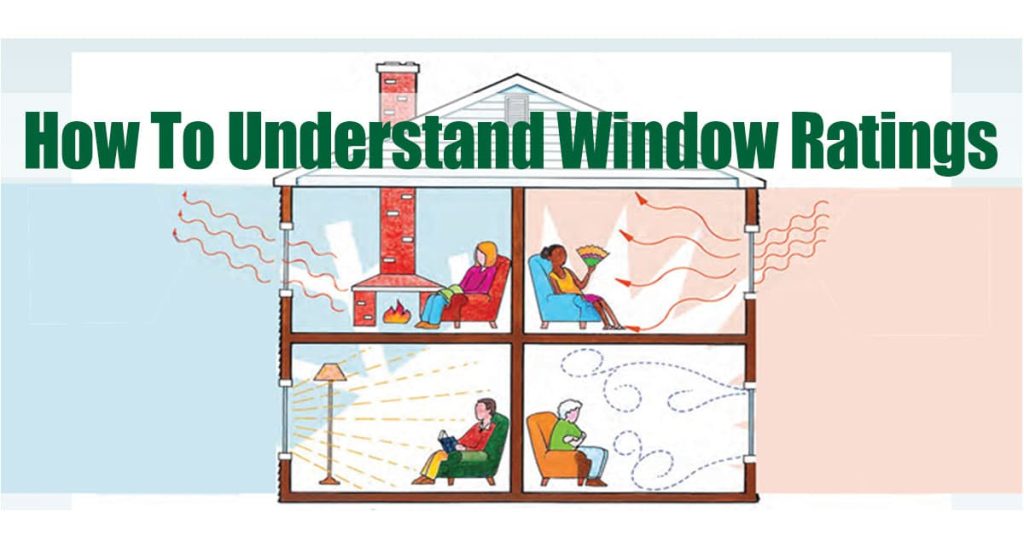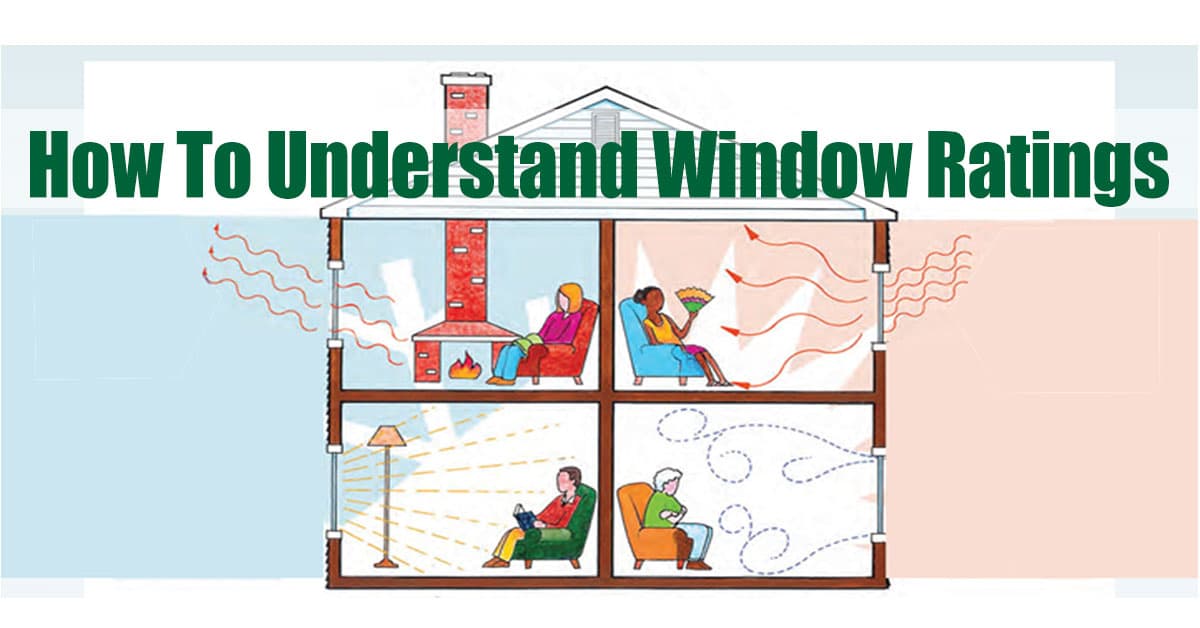MENU



Energy performance ratings tell consumers what to expect from their new replacement windows and patio doors. As you compare various window brands, keep in mind that different agencies use difference variables to rate window and patio door energy performance. For example, the National Fenestration Rating Council (NFRC) uses many factors to rate the overall window performance, whereas ENERGY STAR certification only considers the heat gain/loss and U-factor.
Here’s a quick breakdown of what the numbers mean and why they are so important if you want to enhance energy-efficiency in your New York or New Jersey home by replacing your aging, outdated windows.
Measuring and rating sunlight transmittance involves checking both the amount of visible light that passes through the window glazing and the ability to control heat loss and heat gain effectively. There are two measurements you should ask about if you don’t see them on the NFRC label.
Direct conduction through frames, glazing and other window components can affect heat loss or gain from your windows. Air leaks through or around the window unit also impact energy-efficiency, so proper and precise installation is critical. Measuring how natural light (or light from other exterior sources) radiates inside or flows from the home interior to the outside provides the basis for the heat gain coefficient.
The U-factor rates the conduction level for non-solar heat transfer. This rating may consider only the glazing or include an overall measurement that includes spacer materials between multiple panes, fillers and frames.
The Solar Heat Gain Coefficient represents the amount of solar radiation that passes through (or is absorbed) by a window unit that ends up inside a home as heat. Lower SHGC numbers mean less heat is being transferred inside. High SHGC ratings mean the window unit effectively leverages heat gain during cold seasons. Low SHGC ratings mean more heat is blocked during warmer weather. Many things can impact performance, including the natural climate, landscaping that blocks direct sunlight and your home’s lot orientation that determines how many hours of direct sunlight each window or patio door receives.
In our moderate climate which doesn’t have prolonged periods of extreme weather, it is best to choose a glazing option based on the surrounding environment rather than trying to choose options based on seasonal changes. For this reason, homeowners may want to carefully design each window unit rather than trying to order a group of windows with the exact features. Fortunately, custom-built replacement windows make this possible. You can choose different styles, colors, glass options and accessories for every room if that helps you achieve your decorating vision and energy performance goals.
Air and Moisture Leaks reduce the overall performance and energy-efficiency in a window unit. Leaking allows conditioned air to escape from your home and lets moisture and outside air flow into your home, which means your heating and cooling equipment has to work harder to maintain a constant temperature. A higher rating means your replacement windows are weather-tight and effectively eliminate leaks that could reduce energy-efficiency.
Finding best-fit replacement windows and patio doors for your New Jersey or New York home isn’t like running to the store for a jug of milk. It takes some time to do your research. We’d love the opportunity to show you our full portfolio of home improvement products. Just fill in the short form on this page to request more information about our energy performance ratings or give us a call at (866) 609-5033 and ask to speak to a replacement window consultant.

Learn Everything You Need to Know BEFORE Buying Replacement Windows